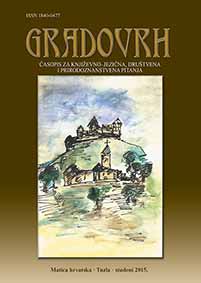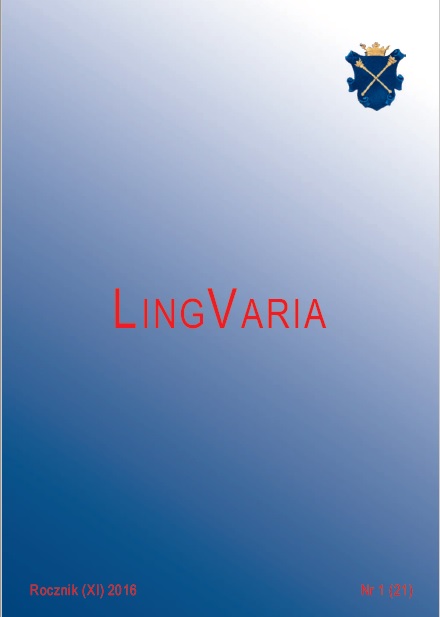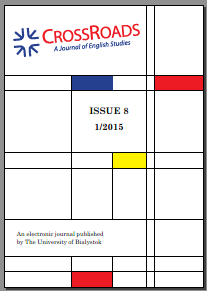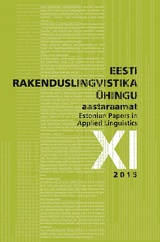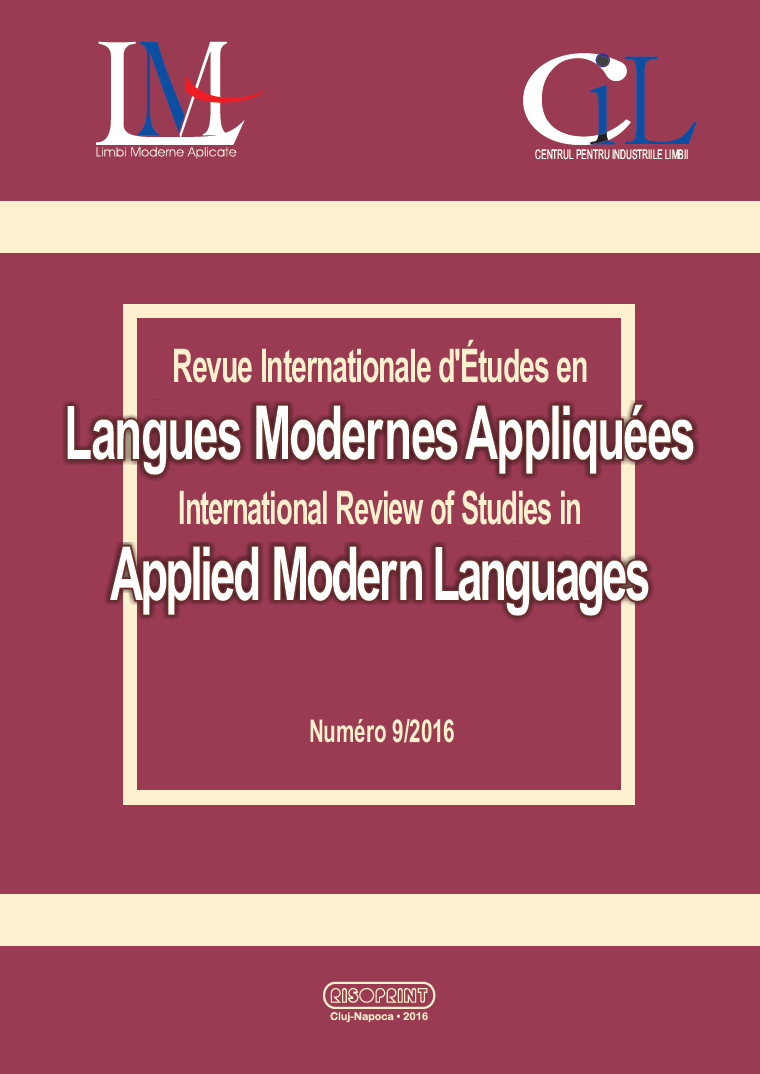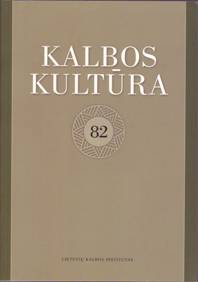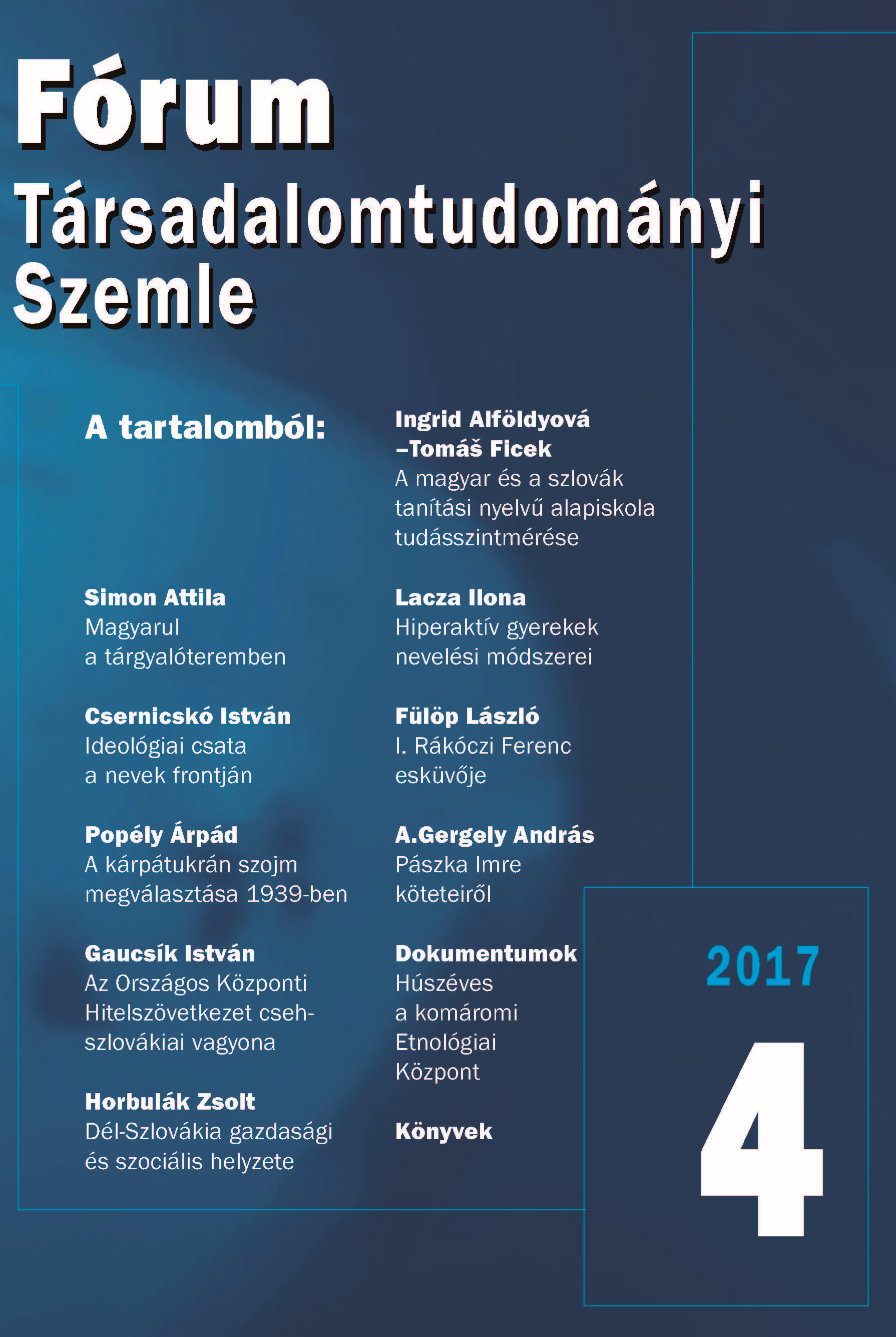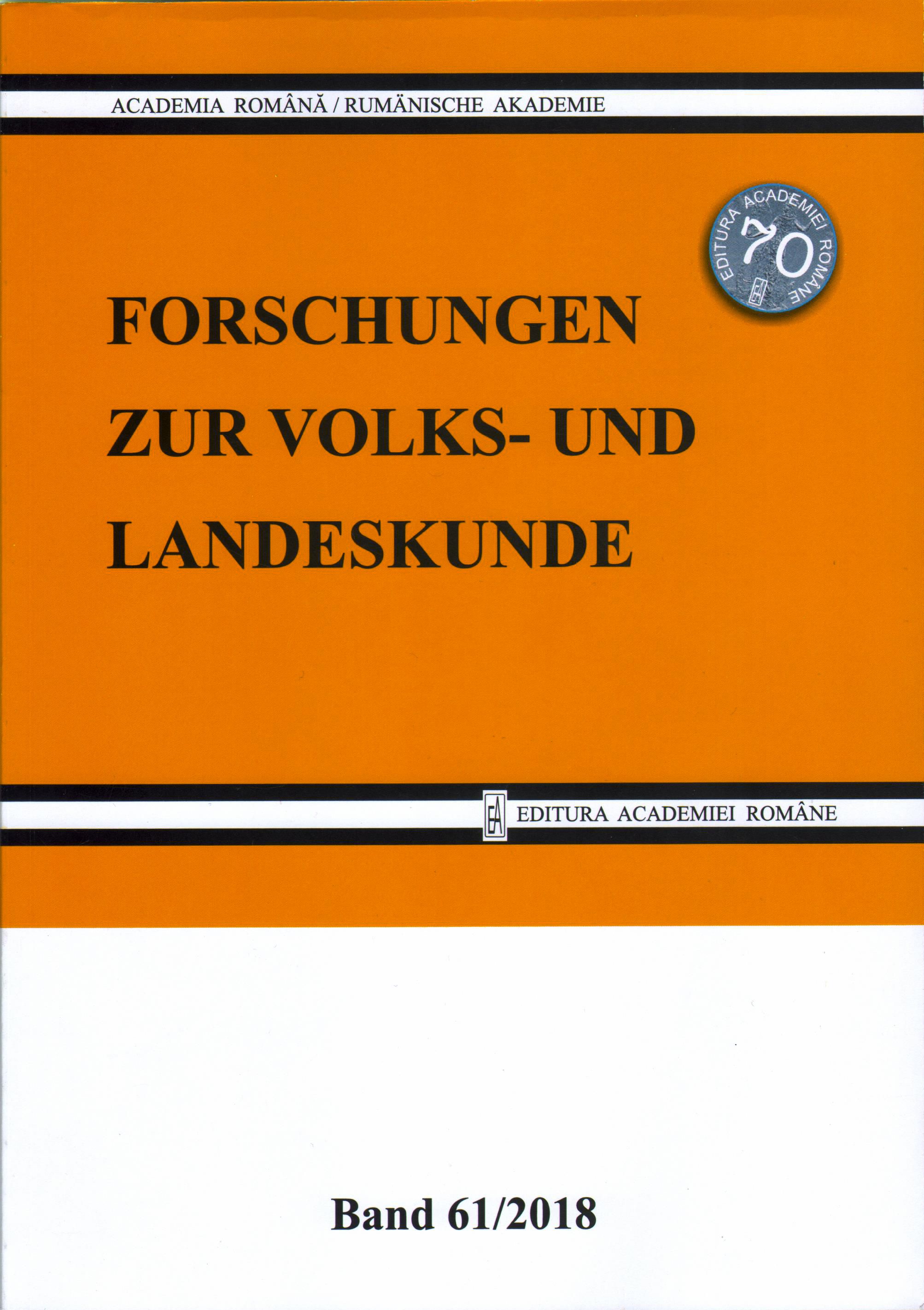Le rôle des subordonnées temporelles dans la cohérence temporelle au niveau d’une séquence textuelle
The hereby analysis aims at establishing the role of temporal subordinates in a temporal coherence at the level of textual sequences. We shall use narrative texts for this purpose, since temporality is the decisive dimension of narrative development. It would be impossible for narrativity not to have a temporal outline, since it implies multiple transformations from one state to another, necessarily involving chronology. We shall try to theorize on how verbal tenses and, implicitly, temporal subordinates condition the integration of sentence sequences into a cohesive and consistent complex, that is, a TEXT.
More...
